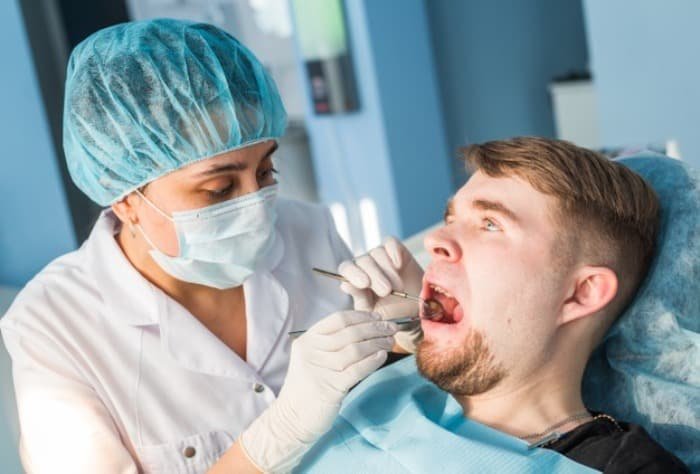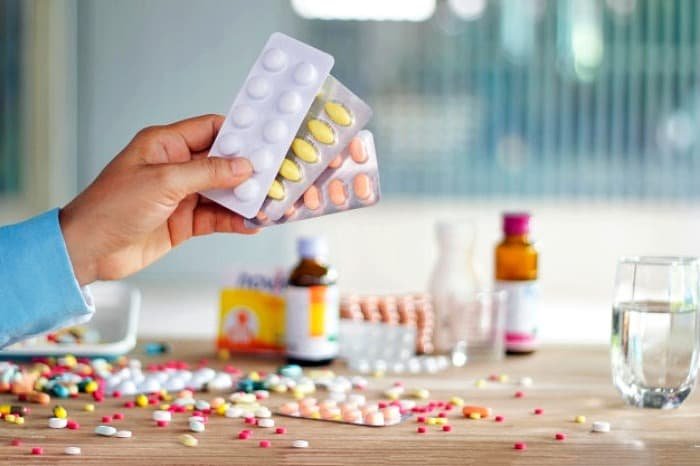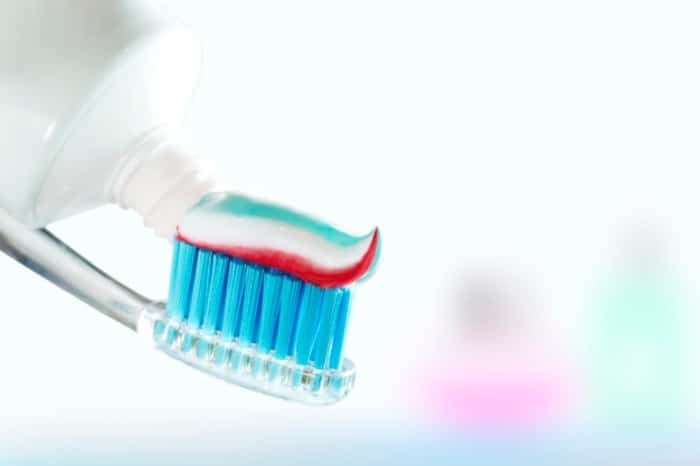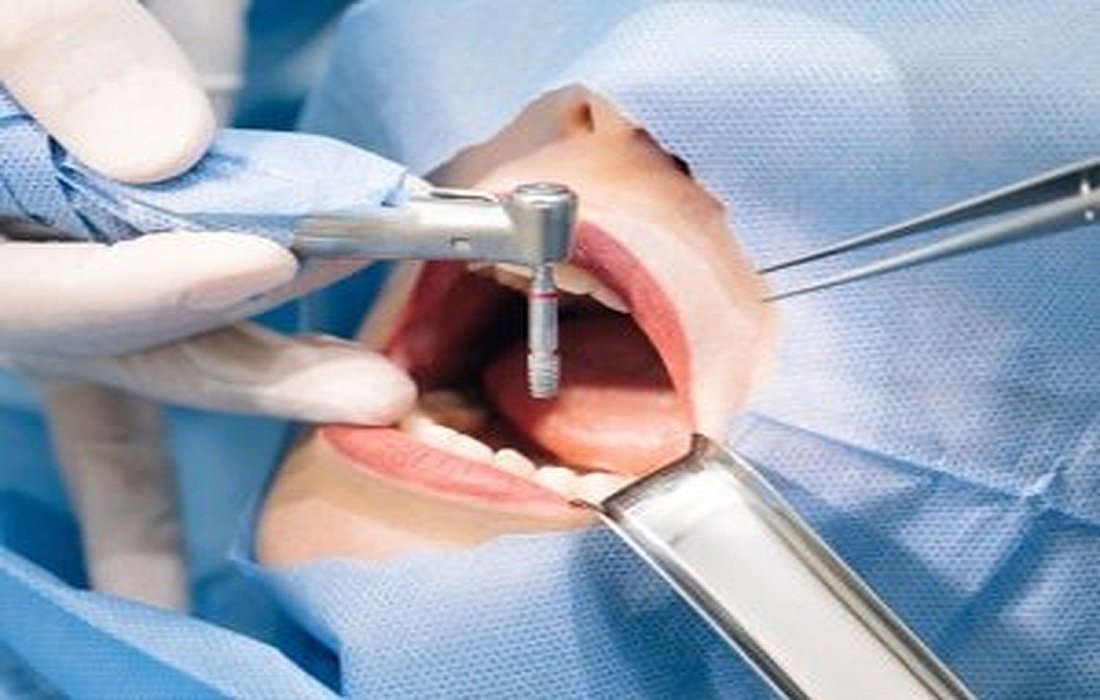Medications that causetooth decayand weaken bones
Half of the world’s population uses one or more of these medications within a month. Common ones include asthma medications, ADHD stimulants, and antidepressantsare some of the most common.
In this section about oral and dental healthSelMagzwe will introduce medications that causedry mouthand tooth decay, and we will offer various tips to enhance oral hygiene in these situations to maintain your health and prevent negative side effects on your mouth and teeth.
Medications seldom directly affect tooth decay. However, the drugs mentioned can cause side effects such as dry mouth. This can harm the soft tissues in your mouth, causing inflammation and raising the risk of infection. Saliva helps protect teeth from bacteria, so a dry mouth increases the risk of infection and decay.

Medications that lead to dry mouth and tooth decay
Here we will name the most common medications linked to dry mouth and tooth decay, followed by advice on what you can do about it.
Antacids
andacid refluxcan contribute to tooth decay. Using antacids to treat these conditions might harm your oral health, as they lower acid damage to teeth but can end up weakening them and facilitating decay.
Antacids often contain sugars and artificial sweeteners that can harm teeth. Chewable types are particularly detrimental, as they may stick between teeth and cause decay.
Pain relievers
People experiencing chronic pain commonly struggle with dental issues and tooth decay from dry mouth, as painkillers and opioids can cause dry mouth and contribute to decay.
Antihistaminesand coughmedications
Antihistamines work by blocking histamine receptors to avoid allergic responses, but they can have similar side effects in other areas, including the mouth and teeth.
These medications block saliva release, contributing to dry mouth. Cough syrups are also commonly used treatments forallergiesandcolds.They also contribute to dry mouth. Cough syrups can damage teeth even more because they are highly acidic and can cause discoloration or decay, similarly to antihistamines.
Blood pressure medications
Beta-blockers, calcium channel blockers, diuretics, heart medications, and ACE inhibitors block certain enzymes. They are commonly prescribed for
Antidepressants
These medications have various negative effects on bone health, potentially raising the chances of tooth decay, bad breath, gum diseases, oral yeast infections, and failures in treatment forimplants.Most crucially, they lead to dry mouth.

Aspirin
Common medicines like aspirin, used for thinning blood, can cause dental issues like gum bleeding. If you suffer from gum inflammation and use aspirin for a long time, your gums may bleed more. Stopping aspirin can help but can also be very risky.
Iron supplements
Taking iron supplements due toiron deficiencyandanemiaUsing iron supplements for
mouthwash
Some mouthwashes with chlorhexidine can causedarkeningtooth or prosthetic discoloration. This typically develops after using them for 15 days, so limit use to no more than 10 days, and avoid these mouthwashes if discoloration happens.
Fluoride
If you’re using fluoride to safeguard your teeth, too much can be harmful. Excessive fluoride in kids (over 1.5 mg daily for children and 0.1 mg per kg for infants) can hurt tooth enamel and create permanent white patches known as fluorosis, which is irreversible. It can affect developing teeth in children and even embryos exposed to it in the womb.TeethDecayed enamel can’t be repaired, and only cosmetic methods can eliminate stains. Since water and toothpaste already have fluoride, avoid giving children supplemental fluoride, and choose toothpaste for kids containing less than 50 mg of fluoride per 100 grams.
Bisphosphonates
Bisphosphonates, prescribed forosteoporosisand bone metastasis inbreast cancer,prostateand lung cancer can be destructive to teeth, leading to osteonecrosis, which harms the protective bone structure of teeth. Osteonecrosis is extremely painful and can cause infections. Side effects from bisphosphonates could either be temporary or permanent. Before beginning treatment, consult your dentist to assess your dental health, and avoid tooth removal during bisphosphonate treatment to lower the risk of necrosis.
Antibiotics
In earlier health posts, we’ve highlighted that overusing antibiotics, particularlytetracyclineandamoxicillinThis can cause teeth to turn yellow, brown, or gray. The molecules can embed into the dentin and enamel, affecting children and pregnant women especially. This type of discoloration is permanent, but whitening treatments can help restore the natural shade.
How can you minimize the damage from these medications?
Take these medications as directed. It’s vital to give special attention to your oral hygiene and follow these recommendations:
- Drink at least 8 to 10 glasses of water daily.
- Brush your teeth twice daily.
- Schedule regular dental check-ups and cleanings.
- Use mouth moisturizing sprays.
- Eat hydrating snacks likeceleryEat.
- Chew sugar-free gum or enjoychocolatesthat are sugar-free.
- Avoid tobacco products and limitcaffeinateddrinks such as coffee and tea.
- Refrain from consuming alcohol.
- Use hydrating mouthwash products.

Herbal remediesTo tackle bad breath, a symptom of dry mouth, try chewing these herbs:
rosemary
- parsley
- fennel
While using antacids forheartburnor acid reflux, always choose sugar-free versions.
Remember to brush your teeth:
After taking antacids, brush your teeth to reduce damage.
Diet for acid reflux
To lessen acid reflux damage, avoid trigger foods.
Avoidthese foods:Spicy foods
-
Alcohol
- Black pepper
- Garlic
- Onions
- Raw onion
- Chocolate
- Citrus fruits and their juices
- Coffee and caffeinated drinks
- Tomatoes
-
Incorporate these foods into your diet to lower the risk of acid reflux and heartburn:
-
Include vegetables likegreen beans
- broccoli
- cauliflower
- leafy greens
- potatoes
- cucumbers
- ginger
- fortified bread
- rice
- Fruits that aren’t citrus, likecantaloupe bananas,applesand peaches.
- Chicken,turkey,and fish
- egg whitesHealthy fats such as
- avocado,walnuts,olive oiland sunflower oil.

Other side effects of medications on oral health
Excessive gum growth
Gum overgrowth can happen from anti-seizure meds and drugs that affect the immune system. Clean oral care can help manage this overgrowth.
Reactions in soft tissues of the mouth
Oral burning, irritation, and color changes in soft tissues can happen due to blood pressure drugs, immune medications, andcancer treatments.
A dentist can help create an oral care plan to protect your mouth from these medications.
Unusual bleeding
Blood clotting issues can arise from using meds likeaspirin.Medications for treating strokes may lead to bleeding problems, particularly during dental procedures.
Tooth discoloration
Using tetracycline can result in lasting stains on teeth. Cosmetic treatments, like laminates and crowns, may sometimes cause similar issues.







